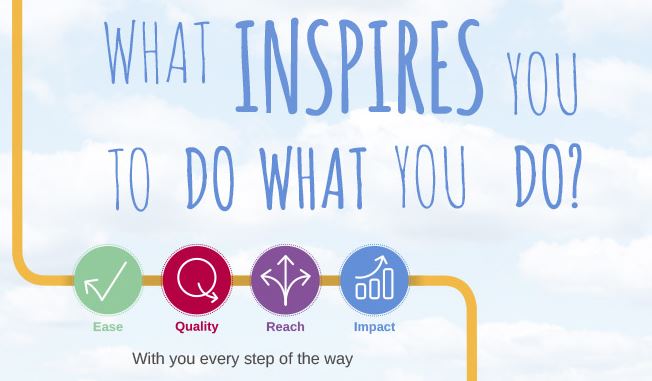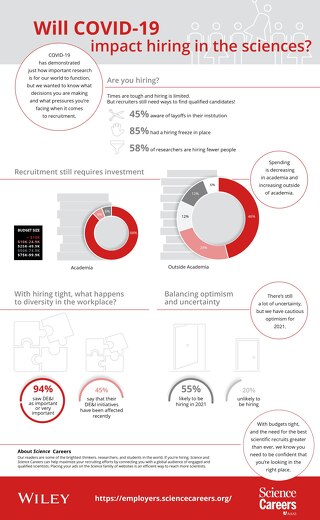a-wish-list-for-better-research-communication
January 05, 2018
Can we realize the vision of an efficient, interoperable research publishing system, and at the same time simplify the process for researchers to communicate and disseminate their research? Sally Rumsey, of Oxford University’s Bodleian Libraries, recently visited Wiley to give us her wish list for scholarly communications, research data, and open access. On Sally’s list was everything she wants publishers like Wiley to gift-wrap for research authors so they can share their research in new, arguably better, ways. Sally challenged us by focusing on the difficulties she faces managing publishing, particularly open access and open data, for researchers within a large research-intensive institution. She shared her slides on the Oxford University Research Archive here. Then we asked Sally the three questions below to sum things up.
Q. Thanks, Sally, for visiting to share your thoughts on scholarly communications, research data, and open access. Why do you think we’re seeing flux and change in scholarly communications?
A. Researchers have a wide range of tools and services available to them, which many are keen to use to enable them to disseminate their work widely, freely and rapidly. They include academic social networks, discovery and access services like Unpaywall and Open Access Button, and a wide variety of institutional and subject repositories. The rise in pre-print servers has been particularly noticeable of late. Plus there are emerging new models of peer review and publishing. Researchers are realizing that such services enable them to disseminate their work to a wide audience who can access the content easily. The concept of ‘open' as a ‘good thing’ (as opposed to a compliance box-ticking exercise) is being increasingly adopted. In addition, clear indications of quality of methods and reproducibility in science are increasingly major concerns for many.
Q. And what do these changes mean for the researchers that we serve?
A. Many researchers want to use, and are indeed already using, such new services. Some of the researchers I’ve spoken to like the control of choice of platform for the publication and dissemination of their outputs. Regarding research dissemination, researchers are not bothered about complex and baffling agreements and restrictions such as 'the work is only to be used on such and such a platform, from such and such a date, by only these people.' This seems like nonsense to them when they want the benefits of making their own work freely and widely available on the internet, whenever and wherever they choose. It’s a bit like saying ‘Here’s a fantastic sports car that you can use – but you’re only allowed to drive in third gear up to 20 mph.'
Q. How do you think we might continue to head in a direction that works well for researchers today?
A. In my opinion, instead of trying to change the practice of researchers employing such platforms to disseminate their work freely, change the rules. Researchers do not want to know about the minutiae of over-complex sharing options that publishers try to impose on them. Most want to disseminate their work widely and use the tools and services they choose. It is clear that many do not follow the conditions that are imposed on them. Rather than trying to put the genie back in the bottle, publishers could simply allow authors to distribute their work freely and immediately. Those of us providing the infrastructure (publishers, libraries, funders, national services, etc) can assist by aiming for an efficient, interoperable, system to make processes simple and, where possible, automated. That should include DOIs at acceptance, ORCIDs for all authors if possible, other identifiers such as funder and organization IDs, and the use of common and open standards.
Thanks, Sally. That’s certainly a vision for change.
Sally Rumsey (pictured) works at the Bodleian Libraries in Oxford where she is Head of Scholarly Communications & Research Data Management.











